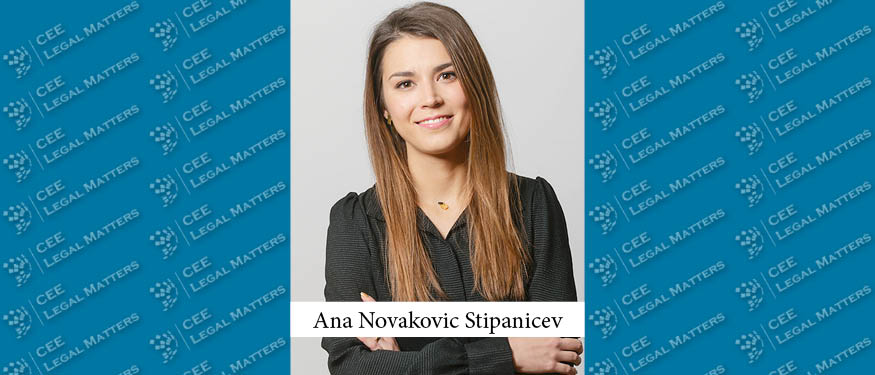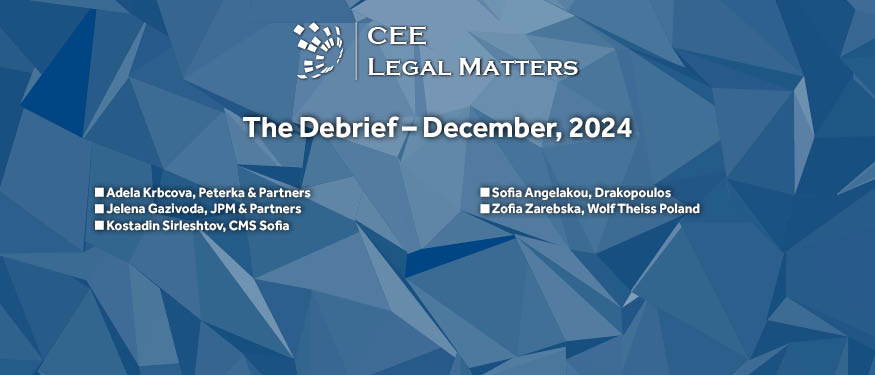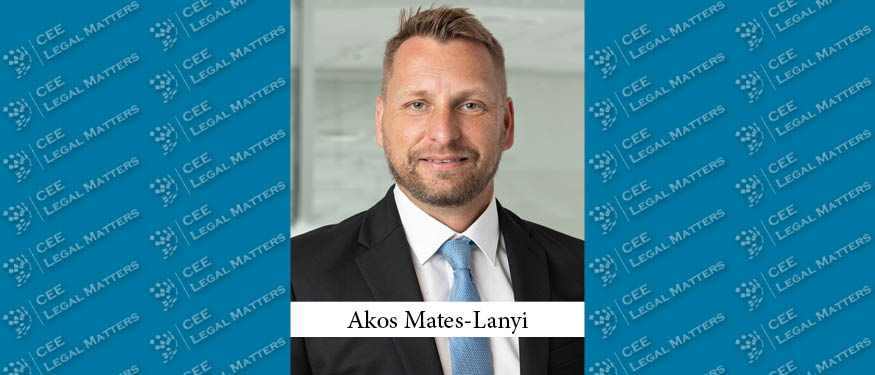In this era of digitalization, where legal frameworks around the world are rapidly changing to cope with revolutionary developments in the IT sector, the Serbian Government is following a similar path. Serbia is in the EU accession process and is thus obliged to harmonize its legislation with EU laws. One such law is EU Regulation No. 910/2014 on electronic identification and trust services for electronic transactions in the internal market (the “Relevant EU Regulation”).
With the objective of harmonizing its legislation with the Relevant EU Regulation, the Serbian Parliament has recently adopted the Law on Electronic Document, Electronic Identification and Trust Services in E-Commerce (the “Law”), which entered into force on October 27, 2017. The Law introduces significant improvements and innovations and its implementation is expected to lead to the rapid development of a digital environment and electronic business in Serbia.
The Law explicitly states that the validity, power of evidence, or written form of an electronic document cannot be challenged solely because of its electronic form. Moreover, it provides that if an electronic document contains an electronic signature or electronic stamp, it is unnecessary to provide a signature or stamp of the same person or legal entity in any other form. Further, the Law defines when an electronic document is considered to be an original (according to the Law: when it was originally created in an electronic form) and when it is considered a copy (when it was made by digitalizing a hard-copy document). It also states that digitalized electronic documents (i.e. the e-documents considered to be copies of original hard-copy documents) have, subject to the fulfillment of certain statutory terms, the same power of evidence as the hard-copy originals. The same is applicable in the opposite direction as well – if original electronic documents are printed, their printed copies have, assuming that certain statutory terms are fulfilled, the same power of evidence as the electronic originals.
The Law recognizes three types of electronic signatures: (1) electronic signature, (2) advanced electronic signature, and (3) qualified electronic signature. Only a qualified electronic signature has the same legal effect as a hand-written signature. The Law also states that certain types of agreements and other legal acts (e.g., real estate sale and purchase agreements), as prescribed by specific laws, cannot be undertaken in an electronic form, and need be made in a particular form of hand-written document (e.g., a hand-written signature certification before a notary public).
The current electronic signing practice in Serbia is under-developed. Based on reports in the media in October 2017, qualified electronic certificates were obtained by only 360,000 citizens – thus only 5% of the Serbian population. The e-signatures are currently used predominantly in business, as legal entities are obliged to sign certain documents (e.g., financial statements) by using qualified electronic signatures.
The Law changes the current situation by creating an environment that encourages the use of electronic signatures by natural persons both on their own behalf and as authorized representatives of legal entities. One of the innovations which should contribute to this objective, when it comes to legal entities, is the introduction of an electronic seal. The objective is to make electronic seals as valid as standard seals (except in the above-described exceptional cases in which only hand-written documents are legally acceptable).
The Law also prescribes the channels of electronic communication between natural persons and legal entities on one side and the Serbian public authorities on the other side, as well as between the public authorities themselves. It also governs the issue of an electronic document’s receipt confirmation by the e-document’s recipient directly or by the provider of the electronic delivery services. These services are envisaged by the Law, along with some other types of services (e.g., the issuance of electronic signatures/seals, the issuance of qualified certificates for electronic signatures, and so on), as so-called trust services and qualified trust services, with foreign providers of qualified trust services on an equal level with local providers.
Coming back to the question in the title, the Law certainly does not relegate hard-copy documents to history, but rather keeps them on a parallel trail with e-documents. Our overall impression is that hard-copy documents will remain a part of the Serbian business practice in the near future, but that this duality is a temporary one and that e-documents will prevail in the future.
By Sanja Spasenovic, Attorney at Law in cooperation with Karanovic & Nikolic
This Article was originally published in Issue 4.12 of the CEE Legal Matters Magazine. If you would like to receive a hard copy of the magazine, you can subscribe here.






















